The world’s largest international symposium on health systems and policy, “HSR2024”
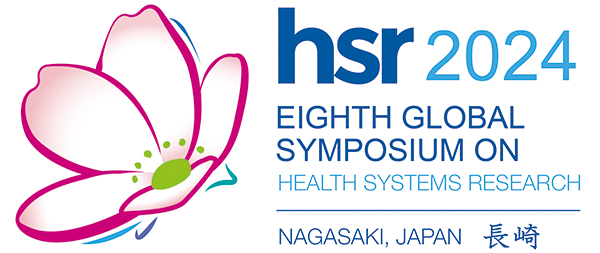
About HSR
The 8th Global Symposium on Health Systems Research (HSR2024) is the world’s largest international symposium dedicated to health policy and systems research. Organized biennially by Health Systems Global (HSG)—the world’s leading academic organization in this field—this unique symposium brings together not only researchers from universities and other academic institutions but also practitioners from government sectors, representatives from international organizations such as the World Health Organization (WHO), and NGOs. HSR serves as a platform for sharing evidence and engaging in dialogue across disciplines and sectors, setting itself apart from typical international academic conferences in both its purpose and scale.
Event Overview
HSR2024 Official Website
Organizer: Health Systems Global (HSG)
Co-hosts: Nagasaki University, Japan International Cooperation Agency
Dates: 18 – 22 November 2024
Venue: Dejima Messe Nagasaki (4-1 Onouemachi, Nagasaki City, Nagasaki Prefecture, Japan)
Theme: Building just and sustainable health systems: centering people and protecting the planet
Nagasaki University Selected as Co-Host for HSR2024
Nagasaki University was selected as a co-host, alongside the Japan International Cooperation Agency (JICA), for HSR2024.
To prepare for this major global event—the largest of its kind—Nagasaki University and JICA led the formation of a strong Local Organizing Committee (LOC) comprising ten organizations:
– National Center for Global Health and Medicine (currently JIHS: Japan Institute for Global Health),
– Japan Center for International Exchange (JCIE), – Nagasaki International Tourism and Convention Association,
– Japan CSO Network for Global Health, – WHO Centre for Health Development (WHO Kobe Centre),
– Global Health Civil Society Network, – Nagasaki City Government,
– Asian Development Bank Japanese Representative Office.
By bringing together academia, government bodies, international aid agencies, and civil society organizations, a solid framework was established to ensure the success of the symposium.
Event Report
HSR2024 brought together 1,552 experts involved in health governance, health systems research, policy development, program implementation, and support activities from 110 countries to Nagasaki.
The symposium centered around the theme, “Building Just and Sustainable Health Systems: Centering People and Protecting the Planet,” aiming to strengthen health systems with a people-centered approach while addressing the challenges posed by global warming.
Based on four sub-themes that supported the main theme, the program featured:
- 4 plenary sessions
- 58 organized sessions
- 25 capacity-strengthening sessions
- 857 oral and poster presentations
- 60 satellite sessions over the course of five days.
At the opening ceremony on November 19, although former Minister of Health, Labour and Welfare Keizo Takemi could not attend in person due to parliamentary duties, he delivered a keynote address via video message.
The welcome reception featured greetings from key figures representing both the national and local governments, including Mr. Kengo Oishi, Governor of Nagasaki Prefecture, and Mr. Shiro Suzuki, Mayor of Nagasaki City.
Among the numerous sessions, Nagasaki University made a particularly strong global impression under its vision for Planetary Health. In the highly anticipated Plenary Session I, “Planetary Health and Health Systems,” Prof. Chiho Watanabe, Special Advisor to the President of Nagasaki University, served as session chair, joined by four distinguished panelists and moderators, including former Prime Minister of New Zealand, Helen Clark. This session featured multifaceted discussions on the urgent need to build fair and resilient health systems in the face of emerging threats such as climate change and inequality.
In addition, Nagasaki University organized a comprehensive satellite session titled “Reducing Global Risk: Interdisciplinary Research from Nagasaki to Achieve Planetary Health,” involving five of its units:
– Institute of Tropical Medicine, – Research Center for Nuclear Weapons Abolition (RECNA),
– Graduate School of Biomedical Sciences, – Department of Island and Community Medicine,
– Interfaculty Initiative in Planetary Health.
Through HSR2024, Nagasaki University successfully showcased its diverse research achievements and reinforced its global presence in the field of global health.
We would like to express our sincere gratitude to all the faculty members who contributed to our academic presentations, to the administrative staff who prepared for the event with meticulous care, and to the 75 Nagasaki University students—including international students and alumni—who volunteered their time to support the operation of the symposium.
We would also like to extend our deepest appreciation to everyone beyond Nagasaki University who came together across Nagasaki to support the success of this event. Thank you very much.
Previous HSR Symposia
Since its inception in Montreux in 2010, HSR has been held every two years in major cities across different continents:
the 2nd symposium in Beijing,
the 3rd in Cape Town,
the 4th in Vancouver,
the 5th in Liverpool,
the 6th in Dubai,
and the 7th in Bogotá.
HSR2024, the 8th symposium, marked the second time the event was held in the Asia-Pacific region—and the first time ever in Japan.
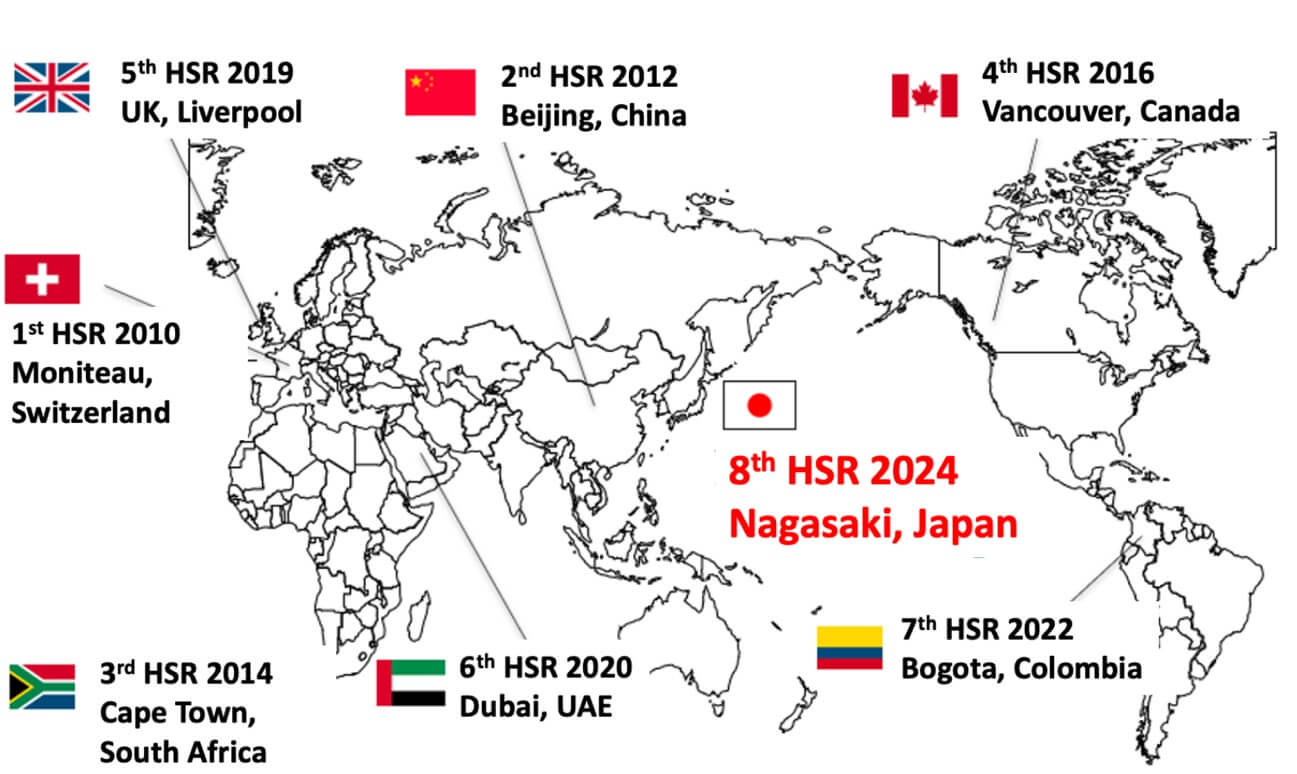
HSR2024 Local Organizing Committee
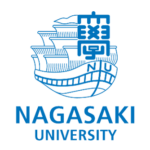
長崎大学
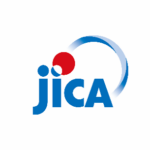
国際協力機構(JICA)

国立健康危機管理研究機構

長崎市
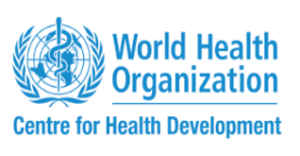
世界保健機関(WHO)健康開発総合研究センター
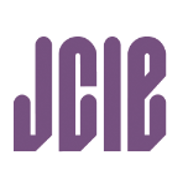
日本国際交流センター
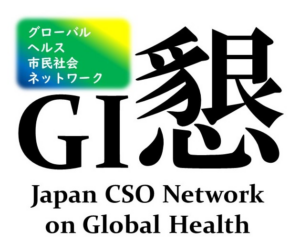
グローバルヘルス市民社会ネットワーク

長崎国際観光コンベンション協会
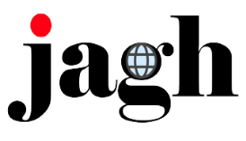
日本国際保健学会

アジア開発銀行駐日代表事務所
